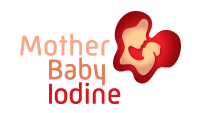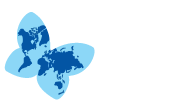Leading the project
Thyroid Federation International (TFI), together with World Iodine Association (WIA), Iodine Global Network (IGN), Unilever, and Global Alliance for Improved Nutrition (GAIN) works to raise awareness of the importance of iodine before and during pregnancy and the lactation period and highlight the risks and consequences of iodine deficiency.
Adequate daily iodine intake is essential for women planning to have a child, and during pregnancy. It is important to include iodine-rich foods in the diet, but it is not easy to have sufficient iodine intake from the diet.
Iodized salt is the simplest way to maintain sufficient iodine intake and an efficient method to eliminate iodine deficiency. Universal Salt Iodization (USI) is recommended as a main strategy to eliminate iodine deficiency disorders (IDD). There has been tremendous progress over the past 25 years to control IDDs through salt iodization. Yet, iodized salt is not available in all countries. Efforts should focus on expanding iodization programs to reach the continuing large number of people who remain unprotected from IDDs.


Salt iodization programs and monitoring require the support of multiple stakeholders:
– to ensure that all countries have sustained salt iodization programs that reach all segments of the population
– to have political commitment and national investment, improved regulatory monitoring, and harmonization with the broader nutrition agenda.
Unilever, TFI, IGN, WIA, EUSalt, Culinaria Europe and the EUthyroid2 project has brought together the Iodine Coalition Europe. We work together to initiate a process where we align on our key messages and agree on advocacy interventions that are suitable for achieving our joint goal, i.e., eradicating iodine deficiency in Europe.
Governments need to create policies and take steps that will help eliminate iodine deficiency worldwide. Improvements in iodine status will result in major health and economic benefits. The prevention of having children born with a lower IQ due to maternal iodine deficiency would be the main contributor to the overall health impact.


